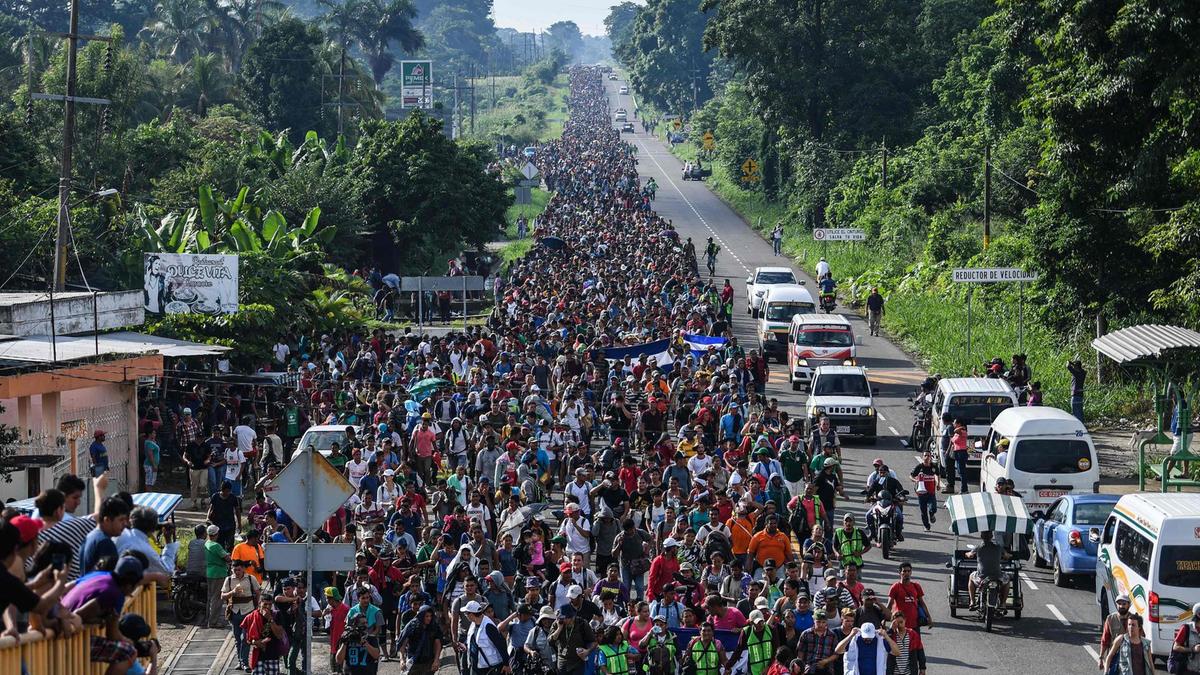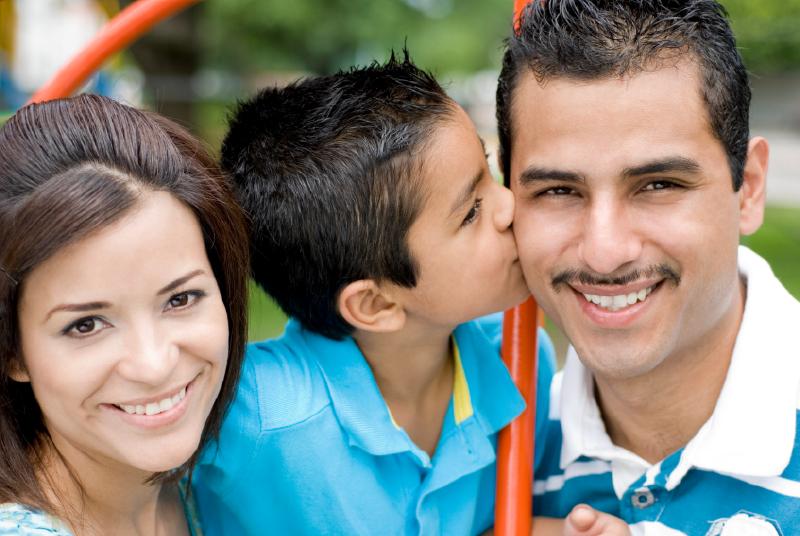
Story
People from Central America are fleeing poverty and gang related violence and traveling north to seek asylum in the United States. Some parents plan to leave their children in their countries taken care by relatives or friends to later be reunited once they have stabilized economically. However, family separation places a tremendous amount of stress on the physiological and emotional development from child to parent bond. As a result, once the child arrives to the United States they experience acculturation challenges such as loneliness, lack of motivation in school, and overall defining a new identity to adapt to this new place.

